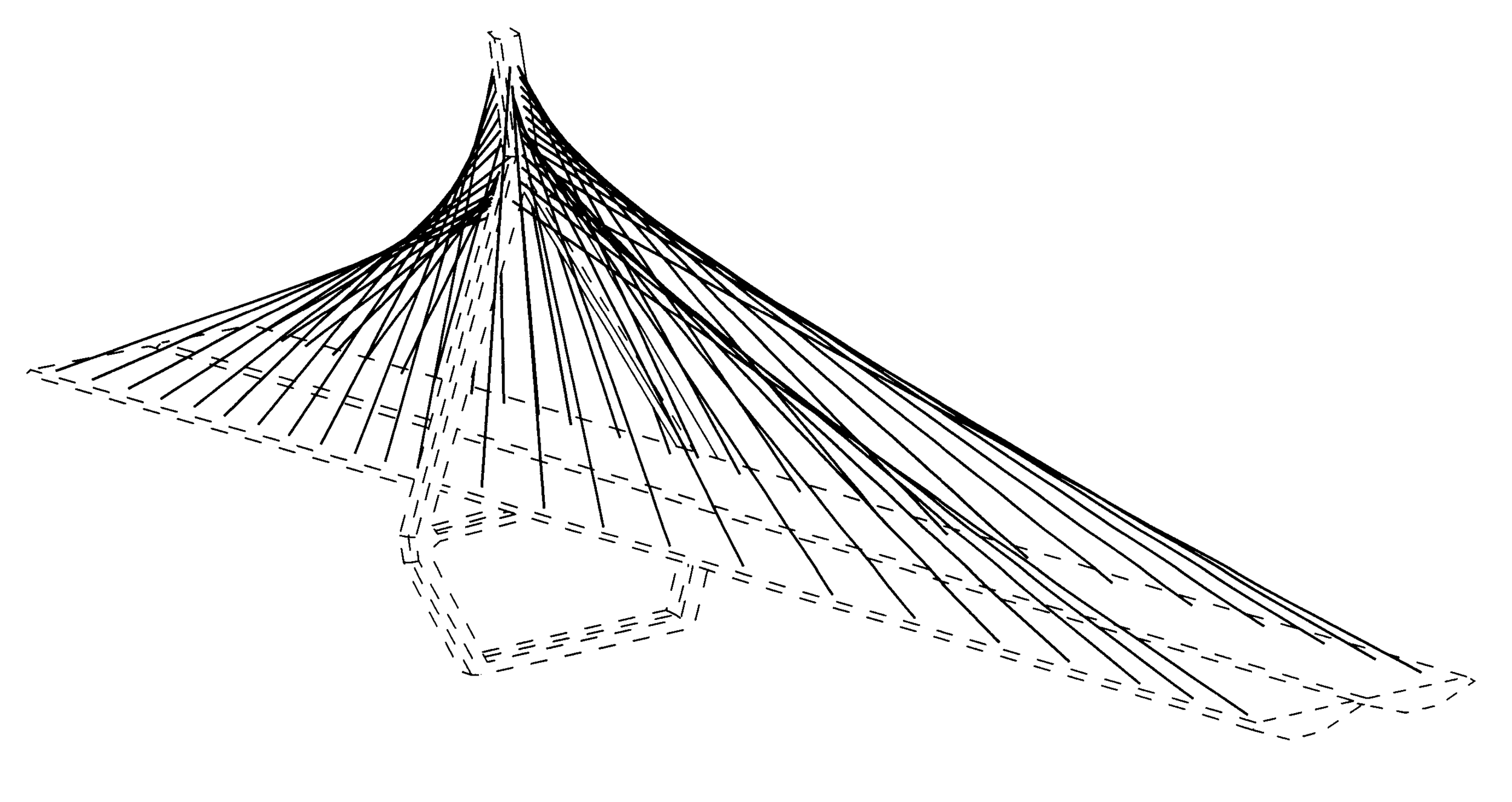If there is one infringing company and the licensing demand is reasonable, then the case may make sense on a contingency fee arrangement. However, a better situation is where there are a large number of infringing companies. In these cases, a contingency fee licensing program can be created to help defray the cost and risk associated with asserting a patent.
All in Patent Due Diligence
What is a Patent Specification Support Chart?
A specification support chart is a two column chart with each element of the claim language in the left column, and the corresponding specification support from the specification and figures as filed in the right hand column.
What do Contingent Fee Lawyers Look for When Considering Specification Based Defenses?
The best contingent fee case will have many issued Patent claims, but among them, there should be a narrowly crafted claim with clear language that corresponds directly with the alleged infringement. The best "contingent fee" claims will also be unquestionably supported and enabled by the specification and be free of "means plus function" language.
What Should Inventors Document from Conception Regarding Secondary Considerations of Non-Obviousness?
Inventors and patent owners should do everything they can to establish objective evidence of non-obviousness throughout and contemporaneously with the inventive process and the development of the market. What is this evidence, exactly? It is evidence of "unpredictable results," "industry praise," "copying by others," "long-felt need," and "commercial success" that is directly tied to the claimed aspects of the invention. Some examples from "famous" cases follow will help illustrate the type of information that should be compiled.
What do Contingent Fee Lawyers Consider when Evaluating Novelty and Non-Obviousness?
Patent lawyers must consider the question of novelty and obviousness when considering a case on a contingent fee basis. Lack of novelty due to anticipation is rarely a dispositive factor during a contingent fee licensing program. Typically the more significant issue becomes combinations of art with "expert" arguments that "it would have been obvious" to come up with the invention. However, with knowledge of the law, inventors can take action to establish a factual record of objective evidence of non-obviousness throughout the inventive process to combat future “obviousness” rejections.
Making Sense of the Mess Caused by Alice, and Evaluating a Contingent Fee Patent Matter for Subject Matter Eligibility
It used to be that the law surrounding subject matter eligibility was clear-cut and well established. The Supreme Court's “Alice” decision has cast a shadow over the application of 35 USC 101. We discuss one way to make sense of the current case law. For now, patent owners should analyze the current law to outline, identify, and amplify the aspects of their invention that are not “abstract” or indicate an “inventive concept” such as new technological improvements and/or unconventional features that go against what has been done before.
Checking Completeness of Art Citations with a Cited Art Matrix
In any patent case, it is important to make sure that all of the known art has been cited during prosecution across all of the patents in the portfolio. One tool that patent owners and lawyers can use to ensure that literature has been consistently and thoroughly cited across a patent family is an "art matrix." This post shows how to create an “art matrix” in Excel.
What Different Types of Art Must be Cited to the USPTO?
What are the types of information that need to be cataloged? Anything and everything. From the perspective of an Information Disclosure Statement filing, there three main types of “art”: U.S. Patent Documents, Foreign Patent Documents, and Non-Patent Literature. I will discuss what each of these categories includes and the citation of foreign language material.
Validity and the Duty of Candor
Violation of the duty of candor can result in the invalidation of an entire patent portfolio. Thus, it is essential to make sure that inventors and patent owners cite all known relevant art. As a patent owner or inventor, it is a good idea to catalog all references found during your inventive process and err on the side of caution when including art on an information disclosure statement.
What do Contingent Fee Patent Lawyers Look for When Considering Validity During Due Diligence?
In the validity phase of the due diligence process, we typically focus on one rule and four principal statutes that are most commonly used to try and invalidate patents. Our technical and legal teams internally analyze the validity of the patent given these statutes. Validity is likely the most subjective area of a patent case.
What is a Patent Family Tree and How Do I Make One?
Patent families can become complicated. It is helpful to have a simple tool like a patent family tree to avoid making a mistake that can have a significant impact on the overall value of a patent portfolio.
What do Contingent Fee Patent Lawyers Look for When Considering Continuity?
The existence of a pending continuation and proper continuity is one of the most important factors for a contingent fee patent representation.
Checking Term and Maintenance Fees Payment Status
One way that independent inventors and patent owners can track the patent terms and maintenance fee status of each of the patents in a portfolio is with a spreadsheet. This post will illustrate how you can collect and organize the information.
What do Contingent Fee Patent Lawyers Look for When Considering Patent Title and Term?
When performing due diligence into a patent matter, we need to make sure that there are no issues with the title, standing, and term of the patents. Also, given that a contingent fee lawyer is entering into a close relationship with a patent owner or inventor, the lawyer may also want to consider issues relating to the background of the inventors and patent owners.
What Information do Contingent Fee Patent Lawyers Need From a Prospective Client?
When conducting due diligence for a potential contingent fee patent representation, we need to obtain specific information from the prospective client. We require additional information in cases with a more fully developed history. Having this information on hand to provide (when requested) may significantly decrease the time it takes the lawyer to consider your matter.
What Makes a Good Contingent Fee Patent Case?
During the initial due diligence period, a contingent fee lawyer evaluates at least the following factors: title, term, continuity, validity, infringement, and damages. In this post, I will generally discuss what we look for with respect to each factor.
















